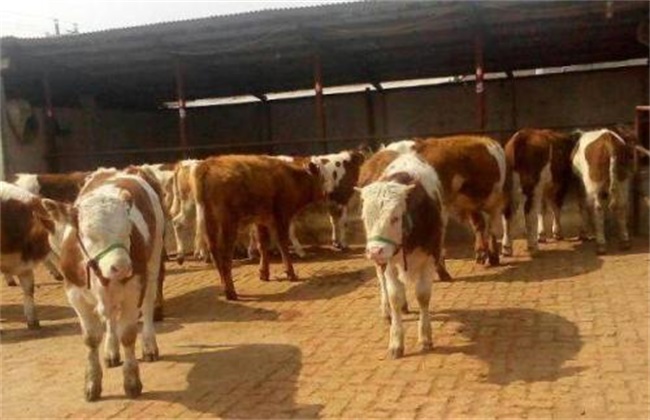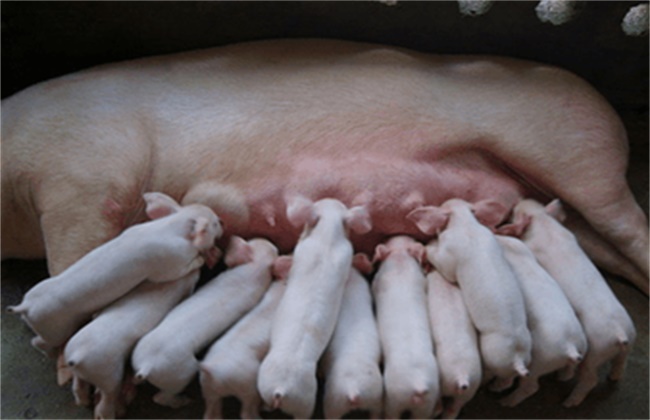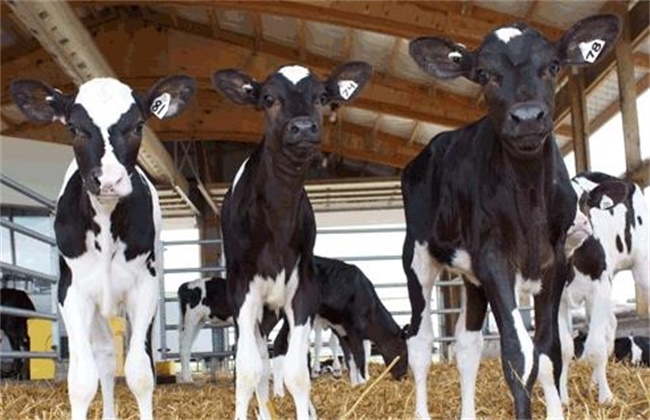Common causes of calf pneumonia
Raising cattle is an important breeding project in our country. Beef has high nutritional value and is welcomed by many people. When raising cattle, raising calves is very important. When raising calves, if not managed properly, then calves are prone to a lot of problems, thus affecting the growth of calves. Pneumonia is one of them, so what are the common causes of calf pneumonia? The following editor will give you a brief introduction, let's have a look!

1. Self-factors
There are many factors leading to pneumonia, and its etiology is more complex. It is generally because the respiratory development of calves is not yet fully mature. Because the respiratory tract of calves is tender, there are many blood vessels and its permeability is strong. And the lymph nodes of the respiratory abomasum are not fully mature, less mucus secretion, coupled with the weak motor ability of ciliated epithelium. Therefore, its defense function and the ability to remove foreign bodies are also relatively poor. And the lung tissue of calves is also very soft, and its nerve reflex tissue is weak. As a result, it is very easy to develop pneumonia, or secondary cause pneumonia.
2. Factors of feeding and management
Pneumonia in calves may also be caused by improper feeding and management. For example, in the third trimester of pregnancy, if the feed nutrition is not comprehensive, then the calf is too weak after birth. As a result, the resistance to the external environment is also very poor. There is a lack of nutrients such as carotene and vitamin A during the dry period of cows. Then the resistance of newborn calves is also very weak, which can easily lead to pneumonia. In addition, low temperature, high humidity, low light and poor ventilation in the barn are the main causes of pneumonia in calves.
3. Pathogenic microorganism factors
Calves in the growth process, if infected with some pathogenic microorganisms, then it is easy to cause pneumonia. For example, Pasteurella multocida and diplococcus are common. These bacteria are very disadvantageous to the growth of calves. And in the case of normal feeding, even healthy calves have some pathogenic microorganisms on their respiratory mucous membrane. Although these pathogenic microbes generally do not get sick, they can lead to the proliferation of these microbes if they are not properly managed. The toxicity is enhanced, which leads to pathogenicity and aggravation of the disease.
The above is a brief introduction to the common causes of calf pneumonia. There are many factors leading to calf pneumonia, but most of the time it is caused by mismanagement. Therefore, we should give priority to prevention, strengthen management and reduce the incidence of pneumonia. That's all for today's introduction. This article is for reference only. I hope it can help you all.
Related
- On the eggshell is a badge full of pride. British Poultry Egg Market and Consumer observation
- British study: 72% of Britons are willing to buy native eggs raised by insects
- Guidelines for friendly egg production revised the increase of space in chicken sheds can not be forced to change feathers and lay eggs.
- Risk of delay in customs clearance Australia suspends lobster exports to China
- Pig semen-the Vector of virus Transmission (4)
- Pig semen-the Vector of virus Transmission (3)
- Five common causes of difficult control of classical swine fever in clinic and their countermeasures
- Foot-and-mouth disease is the most effective way to prevent it!
- PED is the number one killer of piglets and has to be guarded against in autumn and winter.
- What is "yellow fat pig"? Have you ever heard the pig collector talk about "yellow fat pig"?



